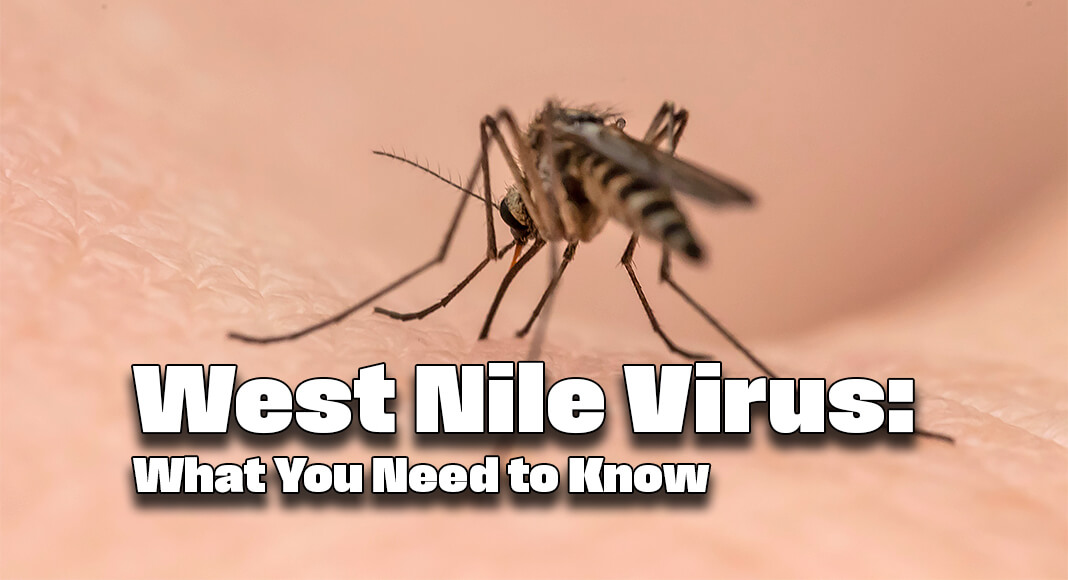
Mega Doctor News
KEY POINTS
- There are no vaccines or medicines to prevent West Nile virus disease (West Nile).
- The best way to prevent West Nile is to protect yourself from mosquito bit
- West Nile virus is most commonly spread through the bite of an infected mosquito.
- Symptoms include fever, headache, body aches, vomiting, diarrhea, or rash.
- There are no vaccines to prevent or medicines to treat West Nile virus disease (West Nile) in people.
- You can reduce your risk by taking steps to prevent mosquito bites.
Overview
West Nile virus is the leading cause of mosquito-borne disease in the continental United States. It is most commonly spread to people by the bite of an infected mosquito. Cases of West Nile occur during mosquito season, which starts in the summer and continues through fall.
There are no vaccines to prevent or medicines to treat West Nile in people. Fortunately, most people infected with West Nile virus do not feel sick. About 1 in 5 people who are infected develop a fever and other symptoms. About 1 out of 150 infected people develop a serious, sometimes fatal, illness. Reduce your risk of West Nile by preventing mosquito bites.
Prevention tips
West Nile virus is spread to people through the bite of an infected mosquito. Mosquitoes bite during the day and night.
There are no vaccines or medicines to prevent West Nile.
The best way to prevent West Nile is to protect yourself from mosquito bites.
- Use insect repellent
- Wear long-sleeved shirts and pants
- Treat clothing and gear
- Take steps to control mosquitoes indoors and outdoors
Additional information about protecting yourself from mosquito bites is available on the CDC Mosquitoes website.
Information Source: CDC
See related Story:









